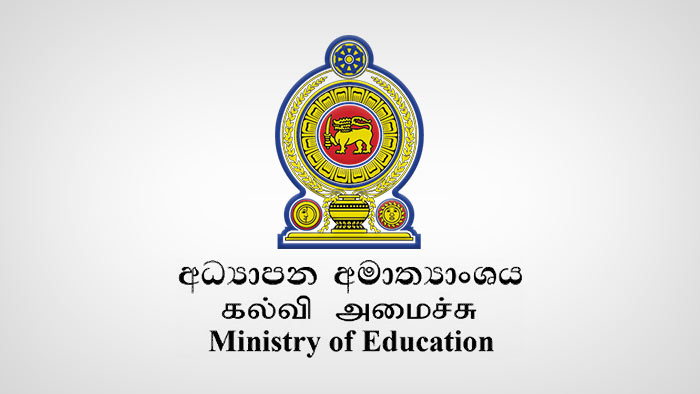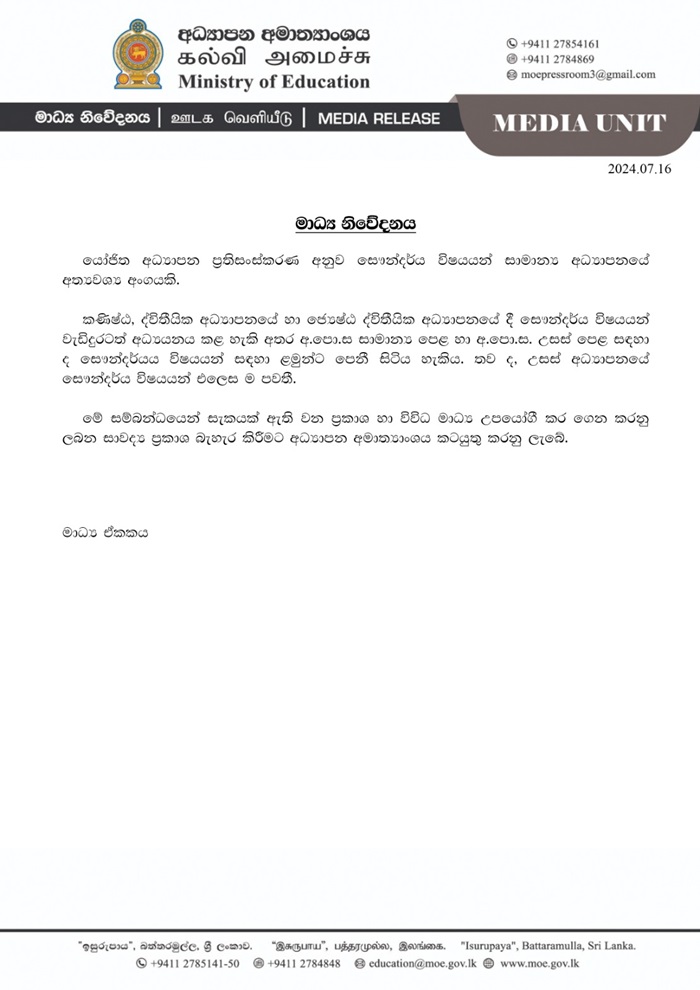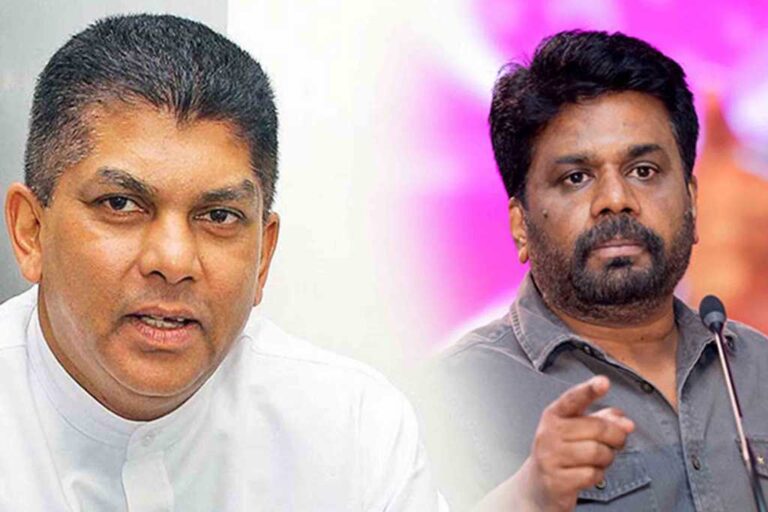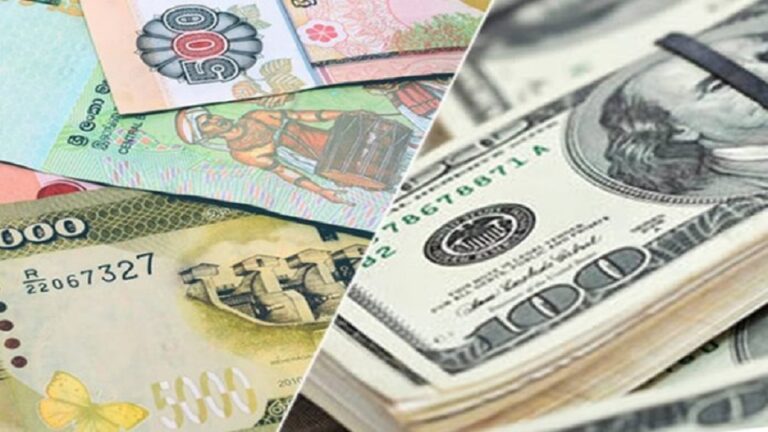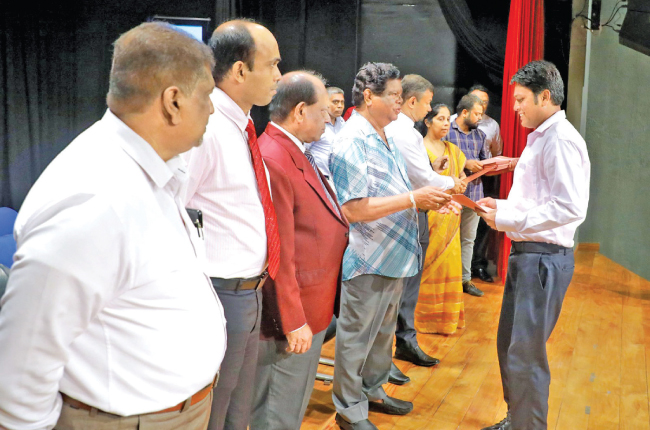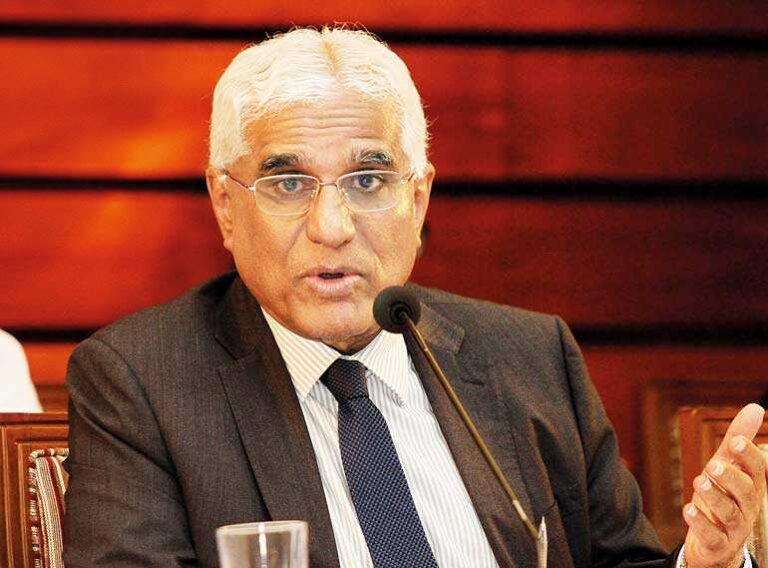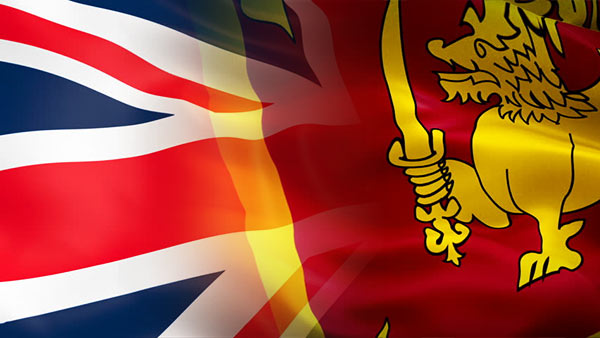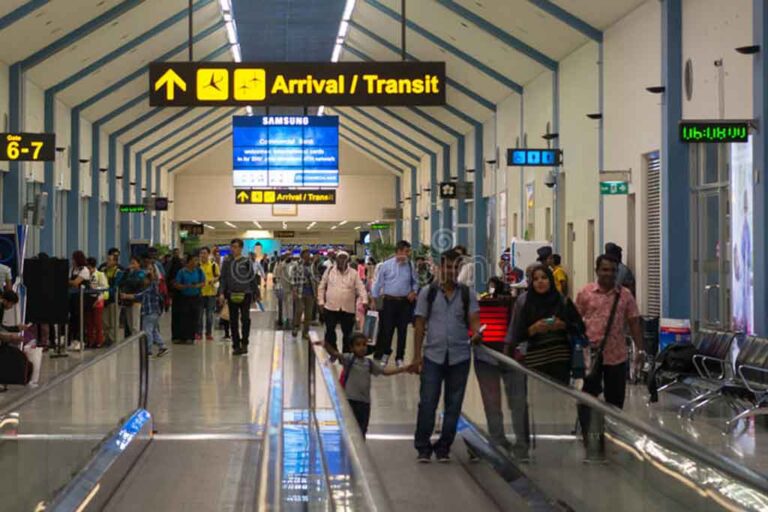Article’s Background
The Central Bank (CB) Act states that the primary objective of the CB is the domestic price stability. However, the CB media states that it conducts the monetary policy to control inflation at a target of 5% over the unspecified medium. Inflation is the annual rate of increase in the Colombo Consumer Price Index (CPI) published monthly by the Census and Statistics Department.
- The policy strategy is the policy rates-based money printing. Policy rates are the overnight standing deposit facility rate (SDFR) and overnight standing lending facility rate (SLFR).
- Its aim is to keep the overnight inter-bank interest rates within the policy rates corridor.
- The policy story is the confidence in overnight inter-bank interest rates to transmit the policy to country’s monetary conditions and aggregate demand suitably that would move inflation towards the target of 5%.
- However, inflation dynamics and underlying market forces are too complex to be so linked to inter-bank interest rates as expected in the monetary policy.
- Further, the CB does not provide credible research other than conventional policy story to prove the efficacy of its inflation control mandate and strategy.
Therefore, this short article sheds light on questionability of the monetary policy strategy in the background of policy manipulation effected through the government debt market. The reference period is the period beginning January 2022.
Data clearly show the vulnerability caused to public debt and cost through manipulation of interest rates bureaucratically for the monetary policy.
Government securities in monetary policy
Following charts show how inflation and Treasury bills market have behaved in the background of policy interest rates and grave economic uncertainties.




Observations made from Charts
- Both monetary tightening and loosening so far during the reference period have been driven by Treasury bills market as determined at weekly auctions by the CB.
- The visible hand is the CB’s direct purchases of Treasury bills outside weekly auctions. The historic increase by about Rs. 1,400 bn was reported in 2022 while such money printing was blamed for high inflationary pressures.
- However, almost all amounts announced for auctions have been raised from auctions. Therefore, the market appears to have been liquid, given the contraction in real sector and investments.
- Despite the fact that inflation has been closer to zero for the past four months, policy rates have been kept still high at 8.5%-9.5% unreasonably while allowing a faster fall of Treasury bill yields.
- It is strange that Treasury bill yields fell to policy rates corridor for nine weeks until mid June. In contrast, Treasury bill yields have risen at last three auctions suddenly, despite no funding is required for CB Treasury bills holding now consequent to the domestic debt optimization completed in September 2023.
- In the recent past too, the CB moved Treasury rates in such strange manners several times to be within the policy rates corridor and overshot from the corridor unreasonably (see the Chart blow). The private placement system was heavily used to drive Treasury bill yields for the monetary policy during the period 2007-2014 without any market forces.

Concerns
- The CB frequently refers to market forces to explain movements of Treasury bill yields. However, the fact is the CB’s market manipulation to drive the monetary policy.
- Policy rates have no basis for inflation control in the current macroeconomic context other than the old monetary faith.
- Policy rates without involving in any risks on underlying credit operations have no economic basis to remain so high and irregular.
- High inflation in 2022 and 2023 are direct results of political and market destabilization. Therefore, the policy tightening despite the debt and foreign currency crisis and historic economic contraction has no macroeconomic basis. Similarly, the disinflation is a direct result of seemingly stabilization of political and market conditions. Further, there is no empirical evidence that such a level of high inflationary pressures in a bankrupt economy would decline towards the zero bound so fast due to the tight monetary policy. Therefore, the drastic disinflation path is a temporary fix by bureaucratic means and not by macroeconomic/market fundamentals.
- Money market trends as shown from above Charts do not reflect any market behaviors other than bureaucratic monetary policy interventions.
- A significant factor behind public debt problem is the monetary policy that has resorted to public debt for money printing and interest rate control, especially, due to the CB being the debt manger for the past 73 years. High yields have been instrumental in the rising debt stock due to the issuance of new debt to pay interest as the tax revenue is limited. This impact is historically high in 2022 with yield rising to 33%. The foreign debt trap is the devise used to fund the monetary policy for external balance.
- Therefore, it would be appropriate if an independent expert committee is appointed to investigate into how monetary policy has fueled debt problem. It is futile to singularly blame political leaders for the debt problem as they knew nothing on public debt and monetary management by the CB economic experts.
This article is released in the interest of participating in the professional dialogue to find out solutions to present economic crisis confronted by the general public consequent to the global Corona pandemic, subsequent economic disruptions and shocks both local and global and policy failures. All are personal views of the author based on his research in the subject of Economics which have no intension to personally or maliciously discredit characters of any individuals.)

P Samarasiri
Former Deputy Governor, Central Bank of Sri Lanka
(Former Director of Bank Supervision, Assistant Governor, Secretary to the Monetary Board and Compliance Officer of the Central Bank, Former Chairman of the Sri Lanka Accounting and Auditing Standards Board and Credit Information Bureau, Former Chairman and Vice Chairman of the Institute of Bankers of Sri Lanka, Former Member of the Securities and Exchange Commission and Insurance Regulatory Commission and the Author of 12 Economics and Banking Books and a large number of articles published.
Source: Economy Forward



